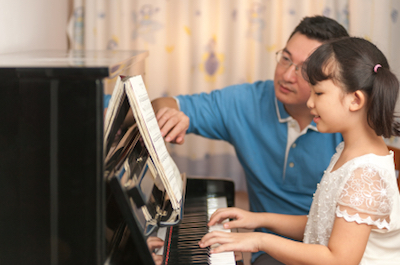The world is moving at warp speed. Not exactly news to anyone. Yet how is it affecting the activities we fill our lives with?
Children of today are moving away from humanities and arts curricula, in favor of STEM based programs which are highly analytical by nature. While logical thinking may be driving our technologically growing world, it’s the creatives that add complexity to society. Literature, languages, arts and music all help create a culture that brings us together in many ways.
Sitting through a musical performance or listening to a book talk will stimulate the brain in ways a quick-paced sporting event or video game can never do. And while that may sound like old-world philosophy trying to hold onto our past, the evidence is entirely science based.
Widely publicized findings show listening to music – especially complex music like classical, jazz, or ragtime – actually increases our cognitive capabilities.
The National Association for Music Education has studies that prove music training not only makes us smarter, but it also makes us happier and more social as well.
Still, other organizations show music programs can help us understand our emotions better, helping us deal with everyday relationships in a more interactive and conducive way.
And in general, music makes us smarter. It raises IQ and test scores. It helps the part of the brain that retains information for the long term.
By making piano lessons a part of your regular routine, you’ll not only give your brain the power-boosting benefits of music, but it will also help you reduce stress, improve your mood, enhance your immune system, and prevent future diseases as well.
The benefits of learning piano are endless.
Whether you’re a child or an adult who’s always wanted to learn, if you’re reading this, you’re a prime candidate for piano lessons. Science shows us that culture isn’t something that’s nice; it’s something that’s required for future development as human beings.
Is it time to bring piano lessons into your world?

